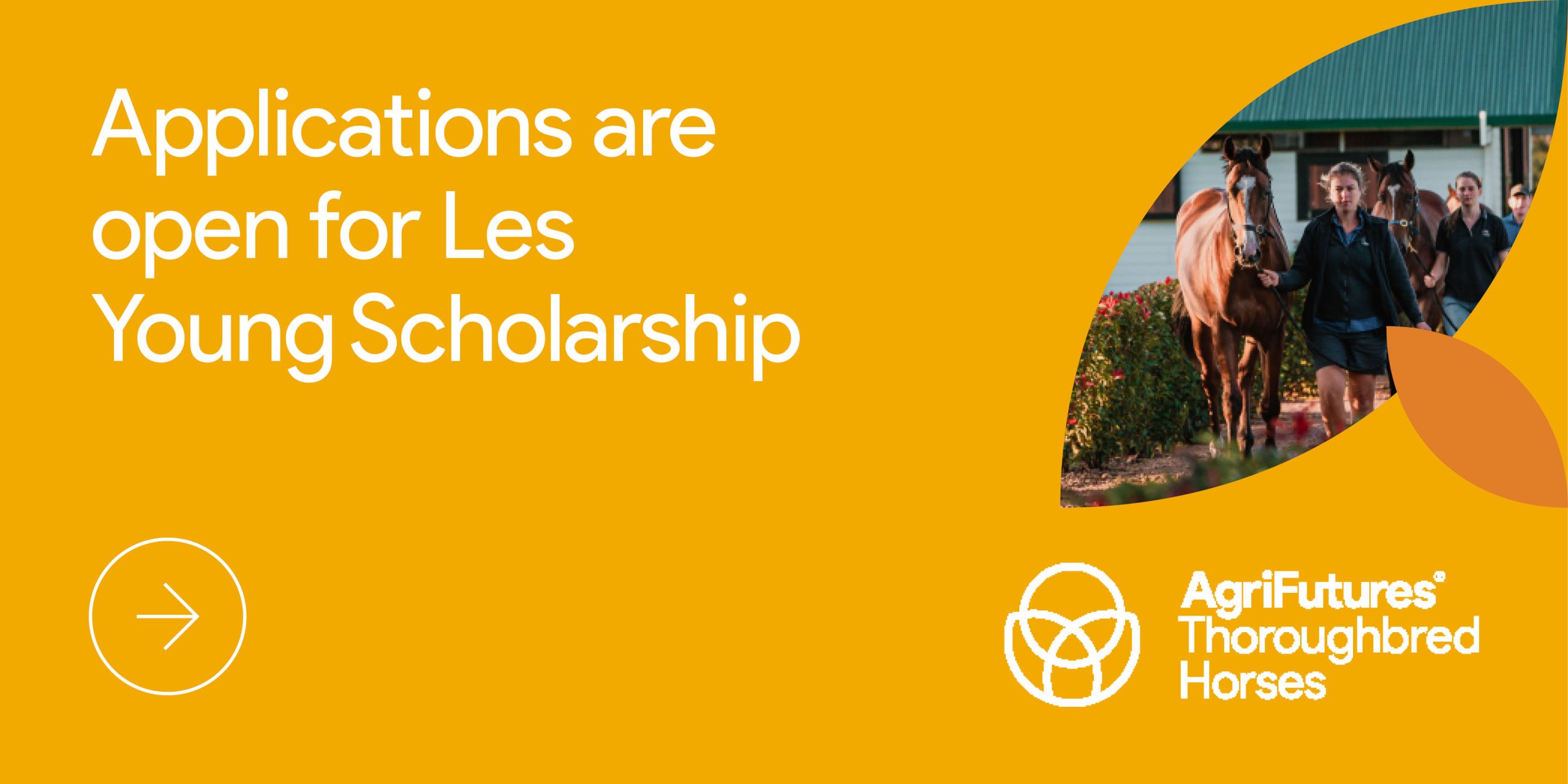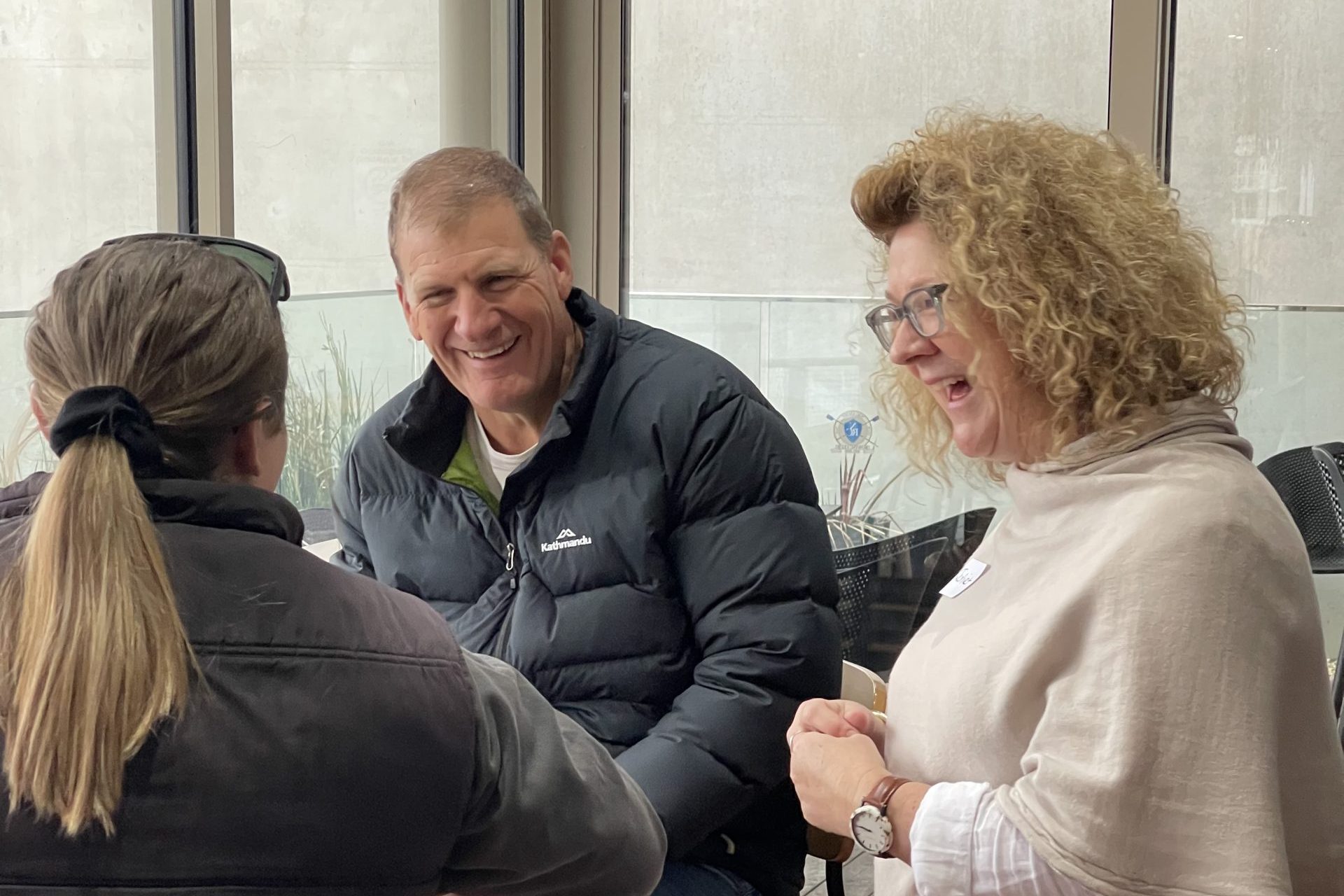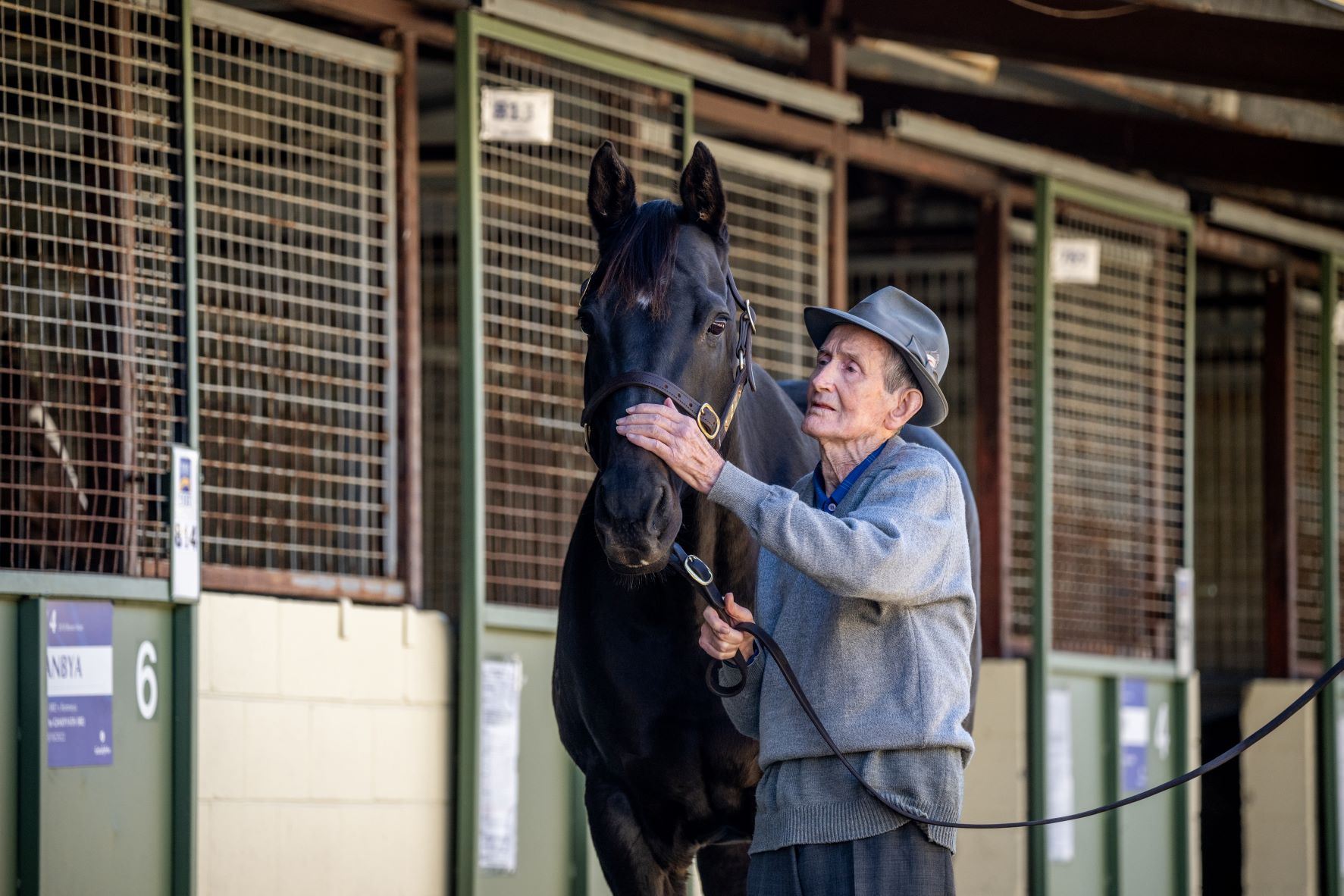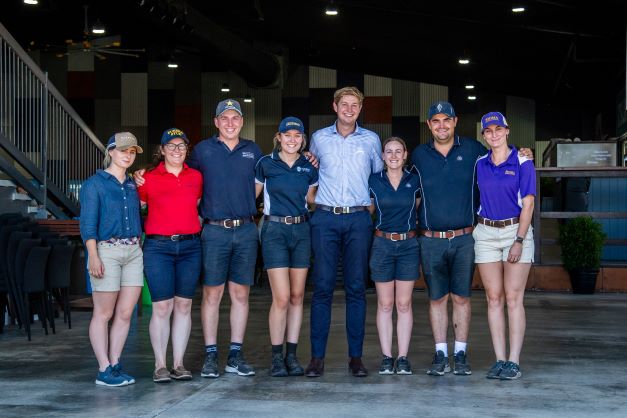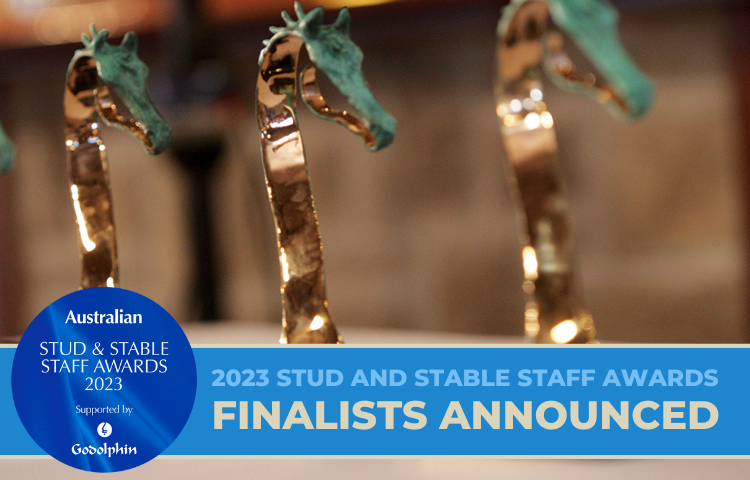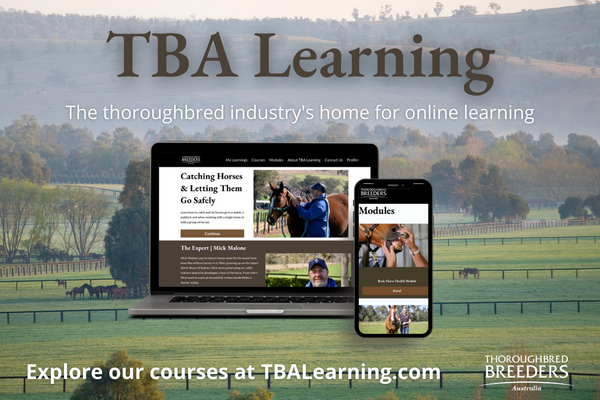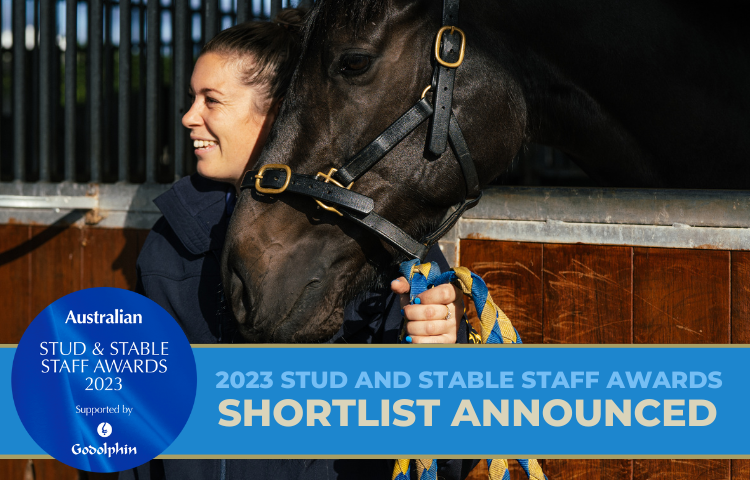Thoroughbred Breeders Australia (TBA) has launched a new online education platform designed to allow everybody the opportunity to learn the basics of horse care from industry experts.
The platform – which is hosted at TBALearning.com – already has some 20 modules online, covering areas such as conformation, checking horse health, how to safely load a horse for transport, and how to hold a horse for a vet or farrier.
TBA Learning was developed after breeders told TBA there was nowhere to direct new staff to, where they could learn the foundational skills needed for work in the breeding industry.
More than 40 farms from across the country were consulted as part of the development of the site, with breeders giving their feedback on what subjects were important to be covered.
Importantly, all courses are available for free.
“We heard from a number of breeders that there were a lack of resources to help support the development of new staff, particularly without having to enrol in a formal qualification,” says TBA chief executive Tom Reilly.
“With the help of the industry, who really got behind the project, we decided we could build something that filled that void. I think TBA Learning will be a great tool for farms across the country: we know we have a number of backpackers or workers who come in without lots of hands-on horse experience, so this platform provides an option for a manager to say, ‘go and complete the modules on horse health’ or ‘please do the module on checking horses in a paddock’.”
Each bite-sized module features video, audio and written content, allowing students to learn in a way that suits them. The modules are expected to take between 15-30 minutes to complete. They can be undertaken individually, or can be tackled as a larger course, in which related modules are linked together. The current courses are Horse Health, Horse Handling and Biosecurity, as well as the Foundation course which includes all modules.
At the end of each module there is a test, with students receiving a certificate of completion when they successfully get to the end of a module. These certificates can then be presented to an employer.
To access the modules and courses, students need to complete a simple registration. This will then allow them to complete their studies in their own time.
This education project was assisted with a grant from the AgriFutures Thoroughbred Levy.
Among the experts sharing their knowledge are Mick Malone (Kitchwin Hills), Peter O’Brien (Segenhoe Stud), Kellie McCarthy (Mill Park Stud), Fiona Lacey (Mogumber Park), Cameron Bond (Kenmore Lodge), Angus McAlpine (Eureka Stud), Michelle Maidment (Coolmore), Barley Ward-Thomas (Godolphin) and Dave White (Vinery Stud).
Those teaching the modules were identified by their peers in the industry as someone they would want their staff to learn from.
“It’s something we’d use on our farm. It’s an innovative approach that’s accessible,” said Peter O’Brien, general manager of Segenhoe Stud. “It’s got a group of the industry leaders involved and each module is brilliantly explained in a practical way that makes it easy to follow. It’s the best thing I’ve seen for young people starting off in this industry.”
Brenna Murphy, of Noorilim Park, said: “Whether you are just starting out in the thoroughbred industry or looking for a quick refresher, it’s a great resource for anyone and everyone to use.”
As the course materials were created, video tutorials were shot at 15 farms across five states.
Mick Malone, of Kitchwin Hills, believes these videos will allow young people to learn in a way that is now familiar to them.
He said: “It’s so important for young people to watch the videos because they’ll learn from them and what they learn will stay with them for life. As they progress through the ranks on the farm, they’ll be able to pass on that knowledge to the next generation of people.”
While there are already 20 separate modules online, TBA plans for more to be developed in the future.
“Now that we have TBA Learning up and running it means we can add more courses in the future. One area we are considering is a course for people taking on a retired thoroughbred, so they understand the different needs of our breed,” added Reilly.
Although the platform was designed for those in the thoroughbred industry anybody who wants to further their horse knowledge will be able to enrol in a course with TBA Learning.
“I think it’s exciting that, as an industry that cares deeply for the care and welfare of our horses, we can have some of our experts sharing their knowledge with the broader equine community. I’ve already had a number of people from other horse sectors tell me they’re excited to see the courses and think they’ll be a great benefit to them.”
To visit TBA Learning click here.
The full list of experts and the modules they teach are:
Angus McAlpine, Eureka Stud: How to lead a horse; Barley Ward-Thomas, Godolphin: Transporting horses; Brenna Murphy, Noorilim Park: The horse’s age; Cameron Bond, Kenmore Lodge: The horse’s blind spots, and how horses learn: pressure & release; Dave White, Vinery Stud: Feeding and observing horses in the paddock; Dr Fiona Lacey, Mogumba Park: Temperature, pulse and respiration, and basic horse health; James Balfe, Master Farrier: Parts of the hoof, and how to hold a horse for a farrier; Jason Robinson, Widden Stud: Horse identification, colours and markings; Kellie McCarthy, Mill Park Stud: How to rug a horse; Kelsey Dance, Rosemont Stud: Biosecurity on farm; Kristy Reynolds, Scenic Lodge: Basic eerminology; Dr Michelle Maidment, Coolmore: Using PPE equipment, and parts of the horse; Mick Malone, Kitchwin Hills: Catching horses and letting them go safely; Peter O’Brien, Segenhoe Stud: Conformation basics, and introduction to pedigrees; Ross Fuller, Cornerstone Stud: Holding a horse for a vet.
